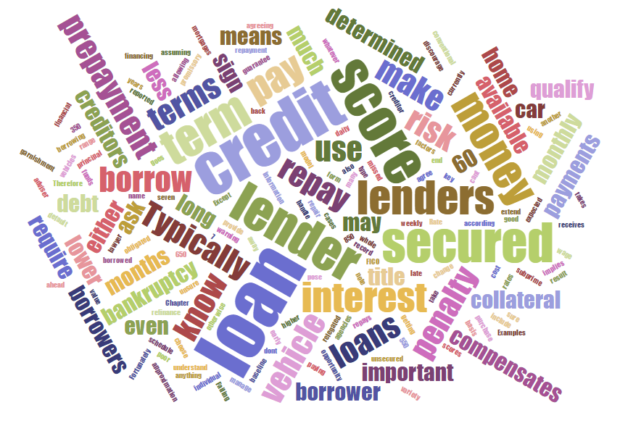Can You Start A Small Business With Bad Credit?

Starting your own business can be part of a long-term plan for financial independence. But what if you’ve had a rough start resulting in poor personal credit? Will you have to work for others for the rest of your life?
Not necessarily. Business credit and personal credit are actually two different things, and those with poor personal credit can actually take steps to develop a healthy business credit line while forging their own path. The first step is to understand how these different forms of credit are connected.
The Road To A Business Loan
One of the main reasons that people believe they can’t start a small business if they have poor personal credit is that, while over time you can build business credit separately from personal credit, they’re more closely connected in the early years. Before banks will extend business credit to an applicant, they will typically check their personal credit to make sure they’re capable of taking on debt.
It makes sense that banks do a personal credit check for new business operators – you don’t suddenly develop new financial management skills just because you’ve decided to start a business. Unfortunately, it can keep people who are capable of handling a loan from receiving business credit, and this practice can be especially discriminatory towards women, who are 15-20% less likely to be approved for a loan than equally qualified men.
Make Your Case
In order to bridge the gap between your credit history and your potential loan, it’s important to understand that though bad credit will limit your loan options, it won’t close you off entirely. Rather, lenders look at what are termed the five Cs when deciding who qualifies for a loan. The first, Character, includes your personal credit score – but when Character is working against you, your best option is to improve on the other four criteria.
Many people with poor credit are still carrying past damage, despite improved circumstances. That means your Capacity – the second C – to pay back a loan may be much better than your credit score suggests. Capacity compares debt to cash flow, so if you’ve got the money to back up your loan request, it’s likely you’ll be approved. Similarly, if you’ve spent time building Collateral, seeking loans designed to meet your borrowing Conditions, and showing investment of Capital into the business can all make you a better candidate.
Building Better Business Credit
When you do begin pursuing business funding, building and maintaining good business credit should be a top priority – especially if you have questionable personal credit. In order to do this, you need to maintain a strict division between personal and business finances. That means you need a federal tax ID for your business and a separate business bank account. Intermixing personal and professional funds can cause real damage to your financial standing, and the only way to build strong business credit is to protect that separation.
In addition to separating your personal and professional finances, another way you can help your business stand out and gain standing in the community is by getting your business license as well as specialty certifications and society memberships. For example, there are local and national organizations that certify women- and minority-owned businesses. You can also take courses and gain skills-based certifications that will enhance the credit-worthiness of your business.
Finding Your Niche
Poor personal credit shouldn’t destroy your financial future. Even those with very poor credit histories can typically find funding through nonprofits and microlenders or specialty loans designed for those with bad credit. Once you’ve established your business as a member of the professional community, you’ll have the opportunity to build a better financial reputation attached to your business persona.

